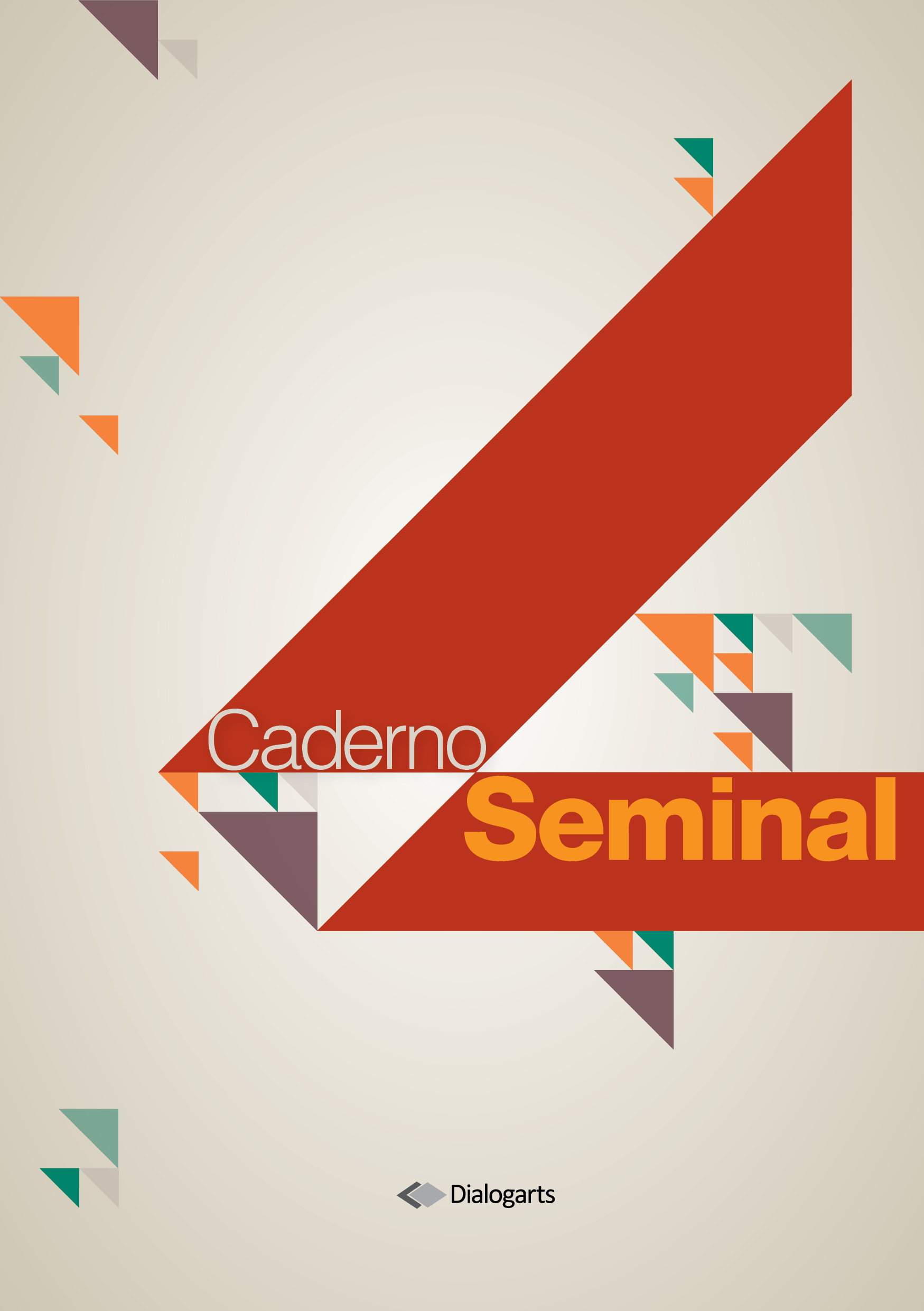PROBLEMAS DA LINGUÍSTICA NORMATIVA BRASILEIRA
Conteúdo do artigo principal
Resumo
Este artigo é um exercício de crítica epistemológica a essa abordagem aplicada das ciências da linguagem que chamo de Linguística normativa (LN). Aparentemente, postular a existência de um campo de estudos normativos no interior da Linguística soa como um paradoxo. Estamos acostumados a pensar na Linguística como uma ciência descritiva e que apenas a Gramática Tradicional é normativa. Meu objetivo é questionar a validade dessas classificações e apresentar alguns problemas que a Linguística cria ao tentar se impor como a autoridade legítima em matéria de políticas linguísticas. Tais problemas decorrem de contradições que inundam o campo da LN ao tentar aplicar a racionalidade positivista a problemas que são do âmbito das ciências sociais enquanto objetos de estudo, mas do campo da política quando vistos como práticas sociais. A diferença entre esses domínios é o fio condutor da análise dos problemas da LN, realizada em torno de quatro aspectos: as contradições epistemológicas da LN, as diferenças entre competência linguística e competência comunicativa, as relações entre padronização linguística e poder e os problemas da pedagogia da variação linguística. A problematização desenvolvida ao longo do texto permitiu avançar algumas conclusões relativas aos limites da ciência, que os linguistas normativos têm dificuldade em reconhecer.
Downloads
Detalhes do artigo
Ao submeter seus manuscritos para publicação em nossos periódicos, os autores concordam com os seguintes termos:
a. Autores mantêm os direitos autorais e concedem à revista o direito de primeira publicação, com o trabalho simultaneamente licenciado sob a Creative Commons Attribution License, que permite o compartilhamento do trabalho com reconhecimento de sua autoria e da publicação inicial neste periódico.
b. Autores têm autorização para assumir contratos adicionais separadamente, para distribuição não exclusiva da versão do trabalho publicada neste periódico (ex.: publicar em repositório institucional ou como capítulo de livro), com reconhecimento de sua autoria e da publicação inicial neste periódico.
c. Autores têm permissão e são estimulados a publicar e distribuir seu trabalho online (ex.: em repositórios institucionais ou na sua página pessoal) antes ou durante o processo editorial, já que isso pode gerar alterações produtivas, bem como aumentar o impacto e a citação do trabalho publicado.

